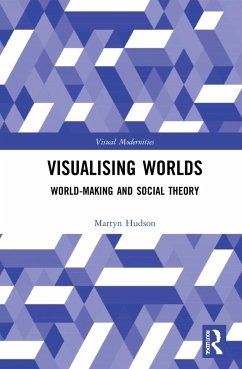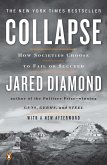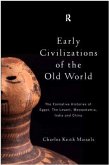This book examines the social production of our world, of the worlds of the past and of the worlds of the future, considering the ways in which worlds are created in both actuality and imagination. Bringing together central concepts of classical sociology, including social change, transformation, individuation, collectivisation and human imagination and practice, it draws lessons from the collapse of Graeco-Roman antiquity for our own world of virus and ecological disasters, considers the genesis of capitalism and intimates its ending. Rooted in classical sociology yet challenging its traditions and objects of study, Visualising Worlds: World-Making and Social Theory adopts new ways of thinking about visuality, aesthetics and how we 'see' social worlds, and how we then begin to build them. As such, it will appeal to scholars across the social sciences with interests in social theory, historical sociology, cultural studies, critical theory, archaeology, and the emergence, change and collapse of civilisations.
Hinweis: Dieser Artikel kann nur an eine deutsche Lieferadresse ausgeliefert werden.
Hinweis: Dieser Artikel kann nur an eine deutsche Lieferadresse ausgeliefert werden.









